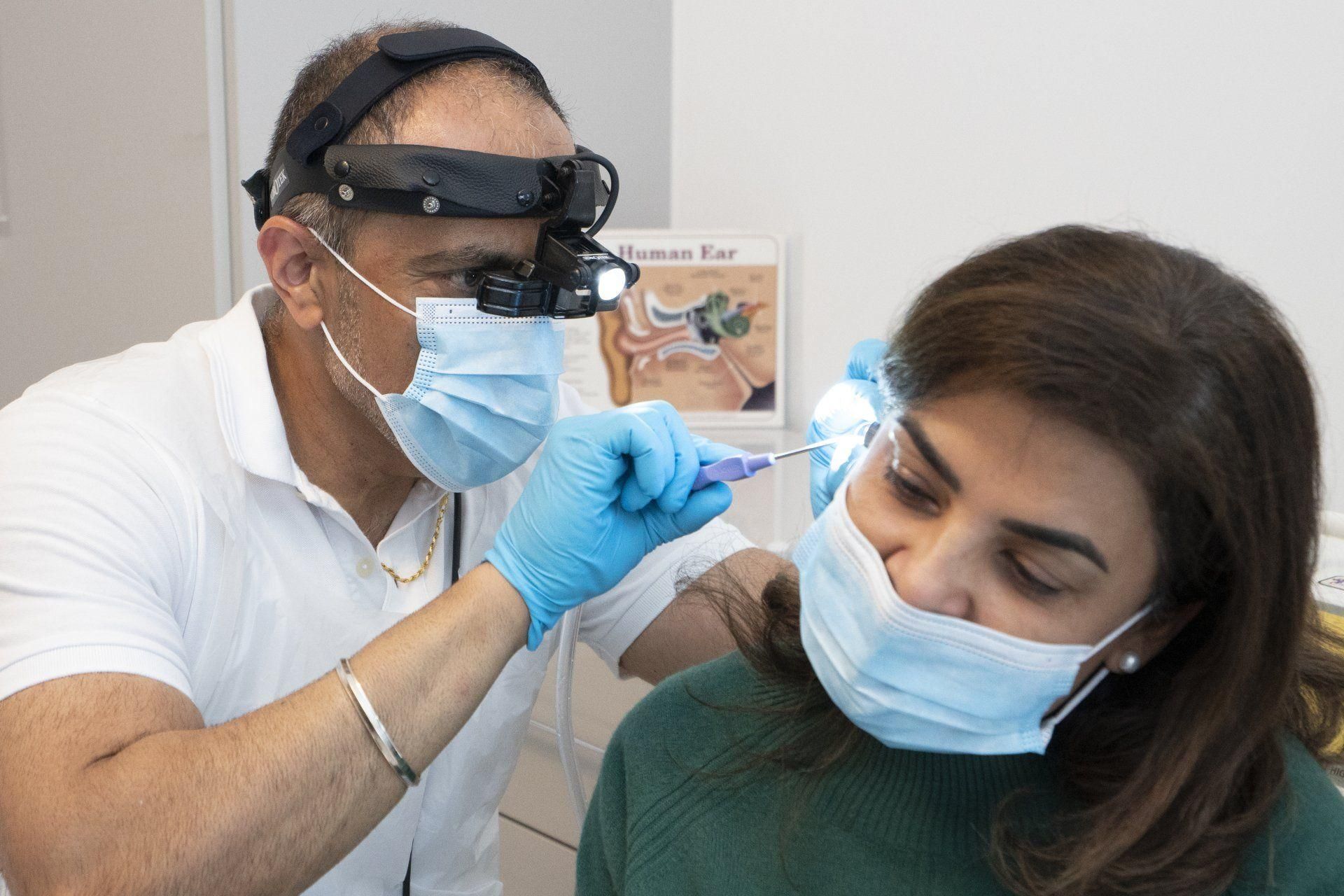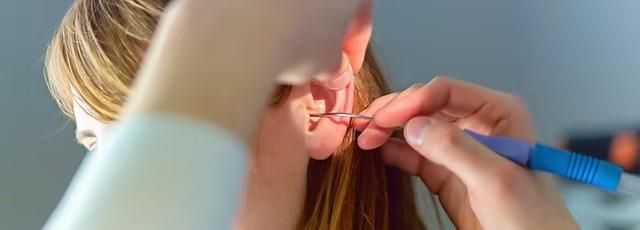How much hearing loss is normal and when should you talk to an Audiologist
Are you at crossroads? You think and feel you’ve hearing loss, but you aren’t sure. You wonder, “Should I visit my audiologist? Am I imagining things; do I actually have hearing loss?”
As the dilemma persists- you feel trapped with panic. How can you determine that you have hearing loss? How much hearing loss is normal? Is it time to call the audiologist for an appointment? Let’s find out.
Normal Hearing 0-20 dBHL
Most people have normal hearing. This means they can hear everything they’d expect to hear, including a conversation with friends, quiet sounds, someone whispering nearby, or doing so a few feet away.
The contrast? Anyone with a degree of hearing loss won’t hear the following sounds (which people with normal hearing hear):
● Someone breathing
● Leaves rustling in the wind
● Buzzing mosquitoes
What’s your situation?
Mild Hearing Loss 26-40 dBHL
Here are some tell-tale pointers to help determine if you have mild hearing loss. First, you can hear most of what you could hear previously. Indeed, you can hear many other sounds if you raise the volume or move closer to the source.
However, if you’ve mild hearing loss, you won’t hear the following sounds:
● Humming refrigerator
● People whispering
● Babbling water in a stream
Moderate Hearing Loss 41-55 dBHL
Those with moderate hearing loss may not hear some sounds that they could previously hear. Even when they try to be attentive, they’ll only ‘hear’ silence when they used to hear “soft sounds.”
If you’ve moderate hearing loss, you won’t hear the following sounds:
● Workers busy in a quiet office
● A percolator brewing coffee
● Rain falling on the roof
Moderately Severe Hearing Loss 56-70 dBHL
You won’t hear:
● A running dishwater
● People conversing at a normal volume
● People laughing
Severe Hearing Loss 71-90 dBHL
Again, such hard-of-hearing persons (with severe hearing loss) usually miss out on what they’d want to hear, such as friends and grandchildren laughing. Sadly, they must raise the volume to what others consider bothersome to hear their favourite TV shows.
Here’s what they can’t hear:
● Traffic noises
● Telephones or doorbells ringing
● The sounds of a vacuum cleaner
Profound Hearing Loss 91-100 dBHL
Sadly, those with profound hearing loss spend most of their time in silence when the world is bursting with sounds. However, they might still hear loud booms and similar sounds like fireworks and thunder.
Here’s what they won’t hear:
● A running lawnmower
● Someone shouting
● Motorcycles roaring by
If this is your situation, call your audiologist right away. Help is available for any range of hearing loss you may think you have.
We have everything you need, here at Ealing Hearing Centre – please don’t hesitate to get in touch with us today.



